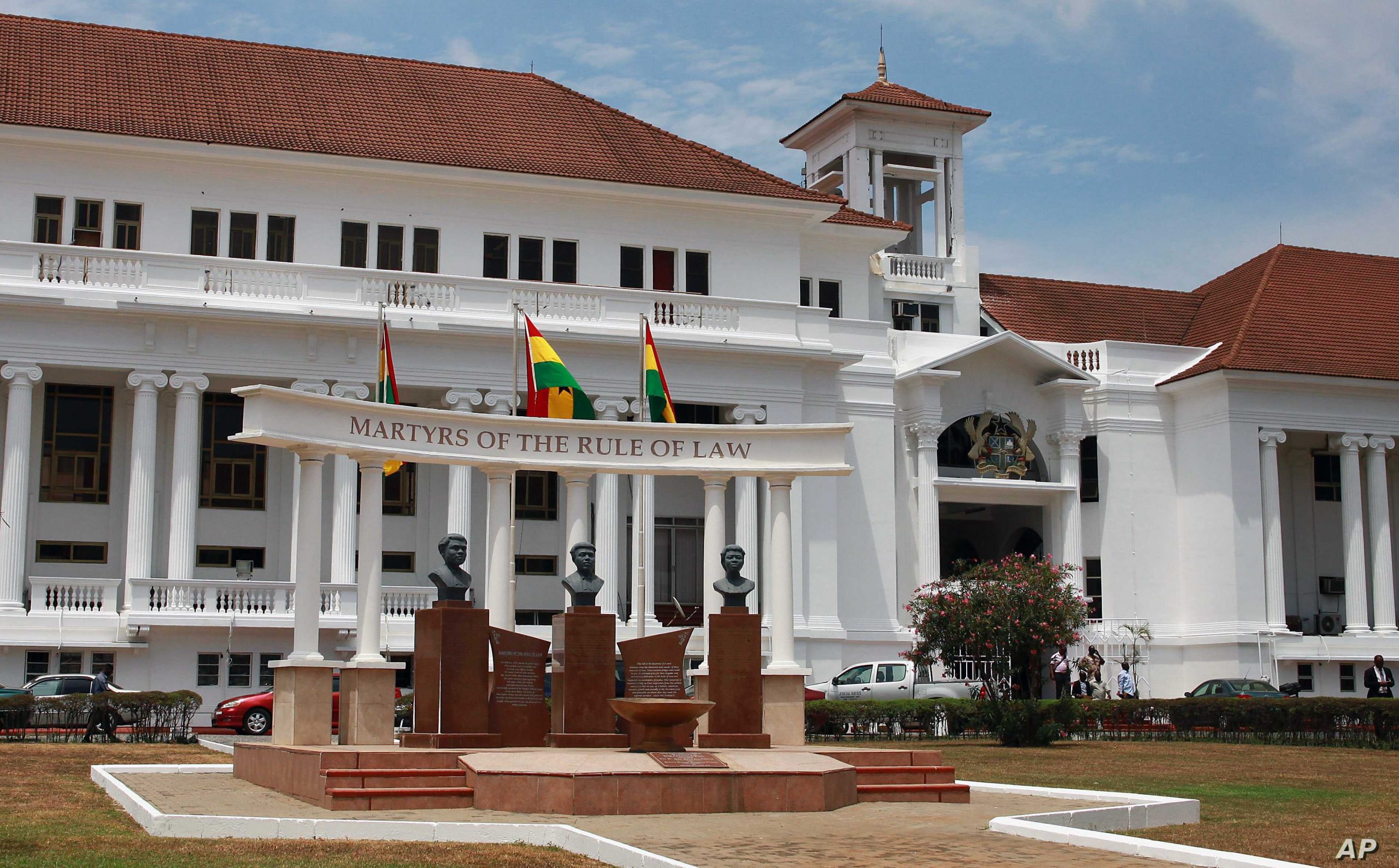
At the recently-held inaugural Ghana CEO-presidential gala in Accra, business leaders used the occasion to highlight the burden of high taxes and regulatory inconsistencies stifling private sector resilience.
They cited high taxes, complex regulations and limited insight into public spending as significant obstacles to progress.
They also underscored the need for a more balanced approach to governance, wherein the private sector’s role in nation-building is recognised and supported.
Noted and prominent banker Mr. Alhassan Andani, for instance, highlighted a fundamental conflict whereby government’s focus on social commitments in political manifestos often translates to a reliance on private sector taxation.
He explained that while taxation is essential, it must strike a balance that does not stifle private enterprises. He also called for policies to protect and stabilise the banking and financial sector, which he regards as critical to economic resilience.
On the other hand, McDan Group Chairman Dr. Daniel McKorley also touched on the country’s challenging business environment, where bureaucratic processes and inconsistent policies often create obstacles for entrepreneurs.
For his part, Deputy CEO-Ghana Investment Promotion Centre (GIPC) Yaw Amoateng Afriyie also noted that complex tax policies are a burden on businesses, deterring investment and hindering economic growth.
He suggested learning from countries that have simplified tax regimes to encourage entrepreneurship, arguing that a competitive tax environment is needed to stimulate the private sector, attract foreign investment and unlock the country’s potential as a regional business hub.
Tax reforms should prioritise small- and medium-sized enterprises (SMEs), which play a crucial role in job creation and economic stability, he added.
He also criticised the impact of overregulation on private sector growth, noting that many regulatory policies remain outdated and overly complex; and as such are a disincentive to investment.
Ideally, Mr. Afriyie noted, the private sector needs a regulatory environment that not only ensures fair competition but also promotes innovation.
Consequently, he encouraged government leaders to partner with industry experts to revise and update policies in a bid to make Ghana more attractive for both local and foreign investors.
Also, Dr. Kenneth Ashigbey, CEO-Ghana Chamber of Communications, criticised the influence of political directives on regulatory decisions and called for regulatory bodies’ greater independence.
In view of the above, leader for the Financial Advisory unit at Deloitte Ghana, Yaw Appiah Lartey, reechoed the urgent need for a long-term development plan to foster a resilient economy and safeguard businesses from the impacts of political and economic uncertainties.
He is of the conviction that a structured, forward-looking development strategy could mitigate the unpredictable environment facing the private sector, which often struggles with shifting tax policies and heightened political activity.
“Without a concrete long-term plan, we are constantly introducing new measures that do not align well with our goals – creating a cycle of instability. This lack of consistency is particularly harmful to businesses trying to plan and invest”.
The Economic Intelligence Unit was cited, which recently highlighted two significant risks for Ghana: a potential increase of the tax burden in the final quarter of the year; and intensifying political activity affecting government operations.
Consequently, a Deloitte partner elaborated on the importance of tax predictability for investor confidence, pointing to surveys conducted by Deloitte that revealed widespread business concerns about unexpected tax changes.
“Businesses are finding it difficult to predict what lies ahead in terms of tax policies. When governments continually introduce new taxes rather than enforcing existing ones, it creates uncertainty in the business environment.”
In fact, there is a need for Ghana to balance its tax policies with economic growth, comparing Ghana’s tax effort – which stands at 14 percent of GDP – to neighbouring countries like Ivory Coast, Nigeria and Kenya, where tax efforts reach 18 percent of GDP.
To close this gap, Ghana must increase its tax efforts – but this must be approached progressively.
The need for resilience was underscored throughout the event, with other business leaders and government officials echoing calls for a comprehensive, long-term approach.
Indeed, it appears the private sector – in spite of well-intentioned policies to create an enabling environment for its growth prospects – is being stifled by multiple tax burdens that inhibit rather than spur growth.
A balancing act is required – and the enactment of a medium- to long-term strategy seems to be the answer.
The post Editorial: Factors impeding private sector growth highlighted appeared first on The Business & Financial Times.
Read Full Story













Facebook
Twitter
Pinterest
Instagram
Google+
YouTube
LinkedIn
RSS